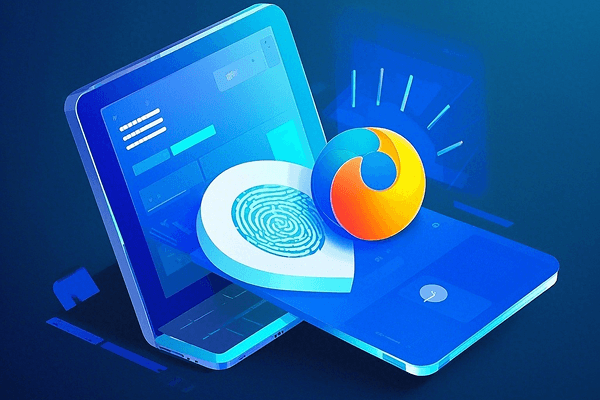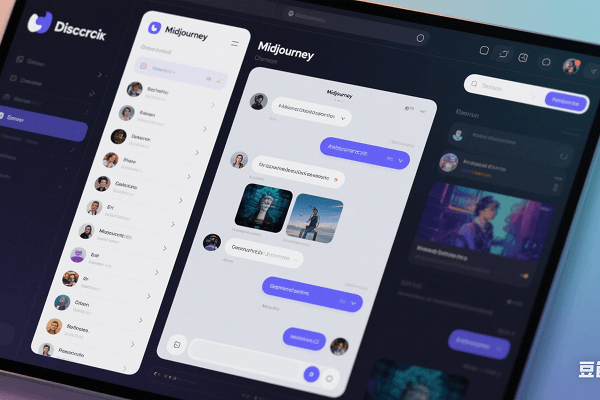
Hot Picks
How to run Facebook ads in 2025? Ideas

Hot Picks
How to promote on Amazon? Sharing various promotion methods

Hot Picks
Choose BitBrowser for fingerprint browsers, and look for the only official website: bitbrowser.cn
The principle of virtual browser prohibit access to Cookie
Time: 2023-12-18 17:20 Click:
Cookie, as a small data file stored on a user computer, is widely used in tracking user behavior and saving login information. However, sometimes for security considerations, we may need to prohibit access to Cookie. This article will explore the principle of how virtual browsers prohibit access to Cookie.

Virtual browser is a specially designed browser that can operate in an isolated environment. For example, BitBrower can prevent the invasion of malware and advertising software. Unknown online crawlers' access and information tracking recognition. With different agency IP environments, we can access website platforms in different regional countries. Virtual browsers usually use sandbox technology to isolate the browser process and other parts of the operating system, thereby protecting users from potential threats.
2. Principles for prohibiting access to Cookie
Sand box isolation: Virtual browser isolate the browser process from other system processes through sandbox technology, thereby preventing malware from stealing user information through cookies. In the sandbox environment, the browser cannot access the global cookie file of the system, and can only access the temporary cookies created by itself.
Agent IP isolation: Virtual browsers can change the local equipment information environment according to different dynamics or residential agents, such as geographical location and equipment basic information. To hide your account information password, in order to prevent the connection of many account numbers, what needs to be done is the different passwords and payment methods of each environment. Essence
Browser settings: BitBrower usually has stricter cookies as virtual browsers. Users can manually disable or restrict COOKIE access in the settings of virtual browsers. For example, you can set up only secure cookies or completely prohibit access to all cookies.
Privacy Model: Many virtual browsers also provide privacy models or traceless models. In this mode, the browser will not save users' browsing history, search records or download data, nor will it accept any form of cookies. At the same time, BitBrower also supports batch export and import cookies.
3. The advantage of virtual browser prohibits access to Cookie's Cookie
Improve security: By prohibiting access to Cookie, virtual browsers can reduce the risk of stealing user information and increase the security of the browser.
Protecting privacy: prohibiting access to Cookie can prevent websites from abusing user personal information and protecting users' privacy.
Improve browsing speed: Because there is no need to load and store cookies, the virtual browser's browsing speed may be faster.
Virtual browsers are separated from technical means such as sandbox isolation, proxy IP isolation, strict browser settings and privacy models to prohibit access to Cookie, thereby increasing the security of the browser and the privacy protection of users. In the digital age, understanding these principles is critical to protect our network security.

 Multi-Account Management
Multi-Account Management Prevent Account Association
Prevent Account Association Multi-Employee Management
Multi-Employee Management



